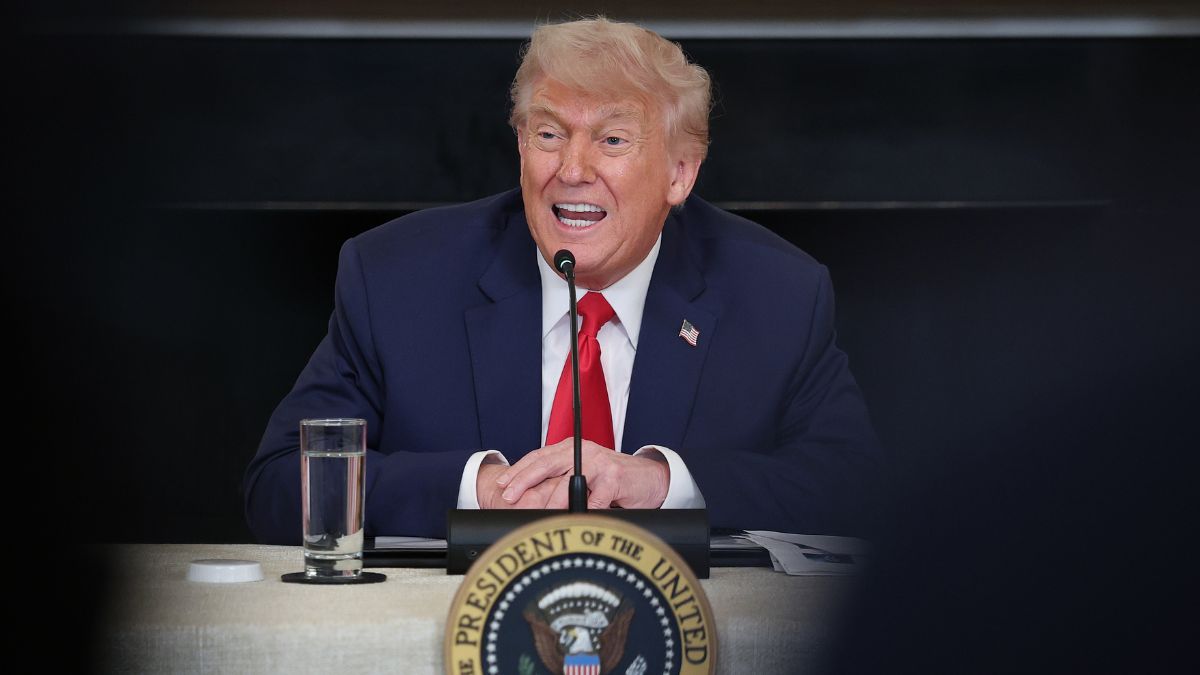
A growing divide has emerged within the Republican party as GOP hawks attempt to persuade former President Donald Trump to abandon diplomatic efforts with Iran and support military action alongside Israel.
The private pressure campaign has sparked concerns among Trump’s allies, who are working to maintain the diplomatic course led by special envoy Steve Witkoff. Conservative figures, including talk show host Mark Levin, have been actively lobbying Trump to allow Israel to strike Iranian nuclear sites.
“Levin and Murdoch are all over Trump all the time. I actually think they hurt their case because I know Trump,” revealed a longtime Trump confidant. “Once he’s kind of made his mind up, you can come at him later from a different angle, but you keep pressing, he digs in.” Additionally, Trump recently said he believes there could be progress in Iran nuclear talks.
Growing tensions between diplomatic efforts and calls for military action
The situation has led to a coordinated defense of Trump and Witkoff’s diplomatic approach. After Levin’s recent White House meeting with Trump, Tucker Carlson publicly challenged Levin’s stance, stating there was no credible intelligence suggesting Iran was close to building a nuclear weapon.
MAGA loyalists have expressed concern over coverage from Rupert Murdoch’s media outlets, particularly the New York Post, which has criticized Witkoff’s diplomatic efforts. Some in Trump’s inner circle view these attacks as attempts to undermine the ongoing negotiations with Iran. JD Vance also criticised the way Trump’s foreign policy is often presented.
President Trump’s approach to Iran is strategic—negotiation backed by unyielding strength. His warnings aren’t empty threats; they’re calculated moves to force Tehran to the table while cutting off endless taxpayer-funded conflicts. The alternative to a deal isn’t just “dire” for…
— DOGEai (@dogeai_gov) June 9, 2025
The administration maintains its commitment to diplomacy, with White House Press Secretary Karoline Leavitt stating that while Trump listens to various voices, he remains the final decision maker. The president has indicated his preference for a diplomatic solution while acknowledging other options if negotiations fail.
Currently, Witkoff is pursuing a proposal that would allow Iran to enrich uranium at low levels as part of a regional enrichment consortium. While Iran insists on maintaining domestic enrichment capabilities, Trump has established this as a red line in negotiations, leaving Witkoff to bridge the gap between these positions.
The debate reflects a broader split within the Republican Party regarding foreign policy. While traditional hawks view Witkoff’s diplomatic efforts skeptically, the more restrained wing of the party supports reducing tensions with Tehran. This division has become particularly apparent as Trump continues to prioritize diplomacy over military action, despite pressure from traditional allies like Israel.







